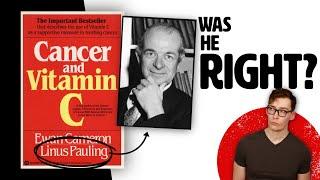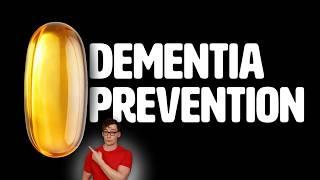The relationship between testosterone and prostate cancer, testosterone replacement therapy, and tools for predicting cancer aggressiveness and guiding therapy | Ted Schaeffer, M.D., Ph.D.
Peter Attia
Jul 22, 2024
Mindsip insights from this episode:
Maintain testosterone replacement therapy safely with low-grade prostate cancer
There is no evidence that continuing testosterone replacement therapy (TRT) accelerates low-grade prostate cancer, and it can be safely maintained under surveillance.
Choose surgery over radiation for high-grade tumor management
For a patient with a certain high-grade tumor profile, surgery may be preferable to radiation to avoid the significant morbidity of systemic androgen deprivation therapy.
Utilize PSA biomarker for precise prostate cancer monitoring
Unlike breast cancer, prostate cancer has the highly sensitive PSA biomarker, allowing for a 'sniper' approach to monitoring recurrence rather than a 'bazooka' approach of adjuvant therapy for everyone.
Utilize Decipher score to assess tumor aggressiveness beyond Gleason score
An MRNA-based assay called the Decipher score can analyze a tumor's genetic signature to determine its true aggressiveness beyond the standard Gleason score.
Understand link between low testosterone and aggressive prostate cancer
Paradoxically, lower testosterone levels are associated with more aggressive, high-grade prostate cancers because these tumors are less dependent on androgens for growth.
Understand prostate's testosterone saturation point to manage growth risk
The androgen receptors in the prostate can become fully saturated at serum testosterone levels as low as 250 ng/dL, meaning higher levels may not significantly increase prostate growth or cancer risk.
More from
Peter Attia
AMA #78: Longevity interventions, exercise, diagnostic screening, and managing high apoB, hypertension, metabolic health, and more
Ketogenic diet, ketosis & hyperbaric oxygen: metabolic therapies for weight loss, cognition, Alzheimer's & more | Dom D'Agostino, Ph.D.
The evolutionary biology of testosterone: how it shapes male development and sex-based behavioral differences, | Carole Hooven, Ph.D.
The impact of gratitude, serving others, embracing mortality, and living intentionally | Walter Green (#288 rebroadcast)
Thyroid function and hypothyroidism: why current diagnosis and treatment fall short for many, and how new approaches are transforming care | Antonio Bianco, M.D., Ph.D.
You also might be interested in
Ketosis (Fasting/Ketogenic Diet) accelerates Cancer Growth - New Study
Soda & Cancer Death: The Link Found in Multiple Large Studies
Early Detection Saved Me: Maria Menounos on Becoming the CEO of Your Health
Linus Pauling: Vindicated by New Evidence?
One Fat Can Prevent Dementia — If You Eat It Long-term












